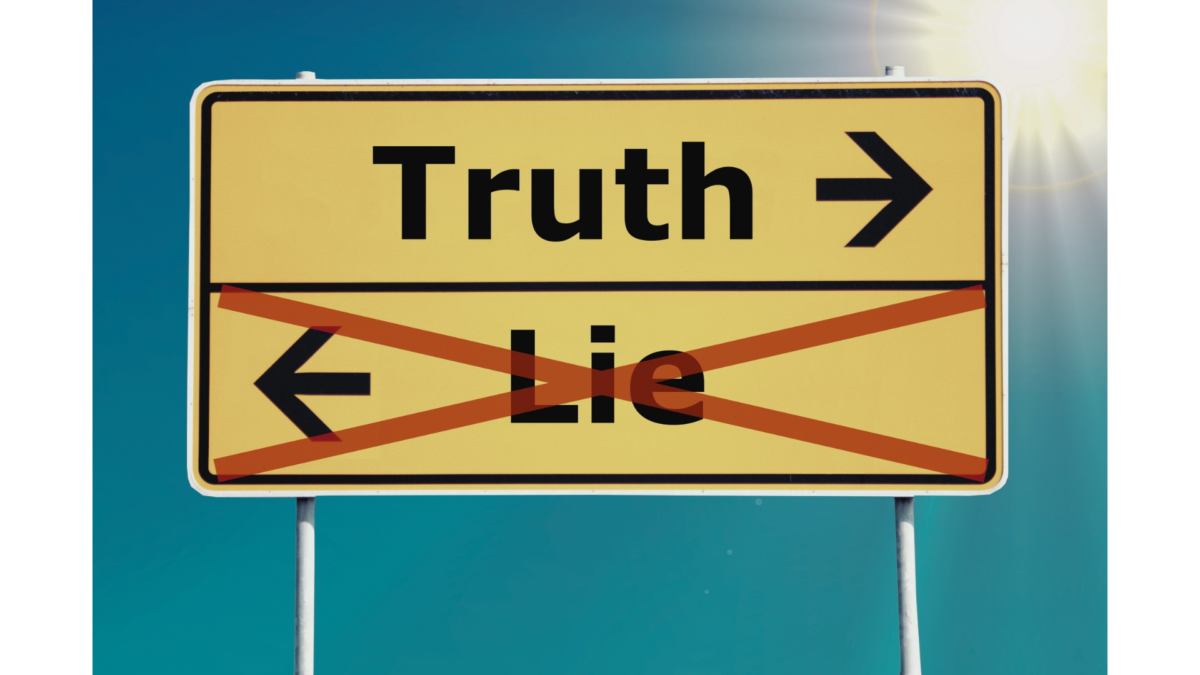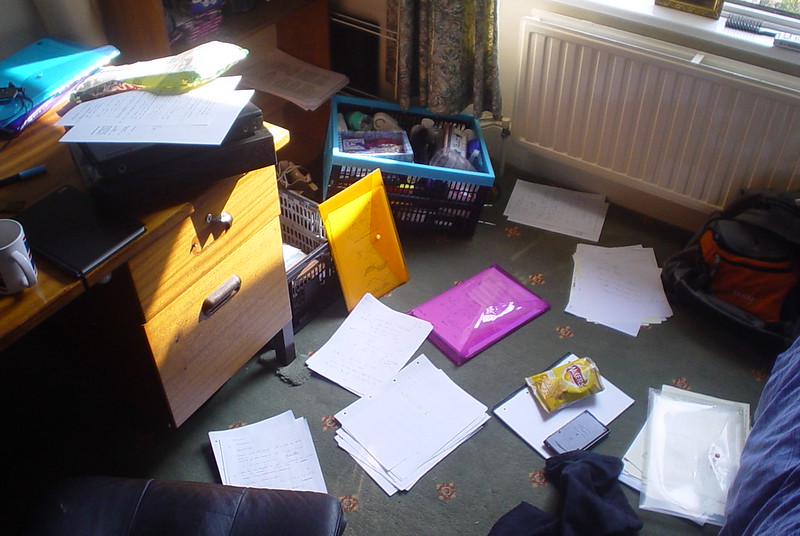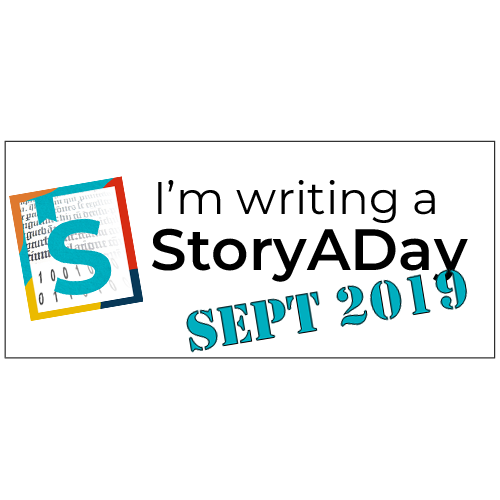If you want to improve your writing you know you have to revise your writing. But, in my work with writers I encounter a lot of resistance when it comes to revision.
Some of this resistance comes from myths around the best way to revise and edit your own writing.
I’m here to bust seven of those myths.
For more, listen to the companion podcast episode
1. Revision is all about seeing where you’ve failed
It’s not.
As I talked about last week, seeing where you’re succeeding can be just as important, if not more than seeing what’s not working. You don’t want to cut out your best lines!.
It can be helpful to get other people to look at your work, both for a fresh pair of eyes on a project we may be too close to, and because we do tend to be a little hard on ourselves.
Experienced writers tend to have a well-developed sense of what’s working in their writing as well as what’s not…but it’s not flawless and we all need a little feedback from time to time.
And when you DO find something that needs to be reworked (let’s not call it a ‘failure’) work on celebrating.
- Seeing what’s not working gives you an opportunity to fix it.
- Going back to older stories and noticing what’s not working, is a measure of how far your skills have advanced.
So celebrate!




